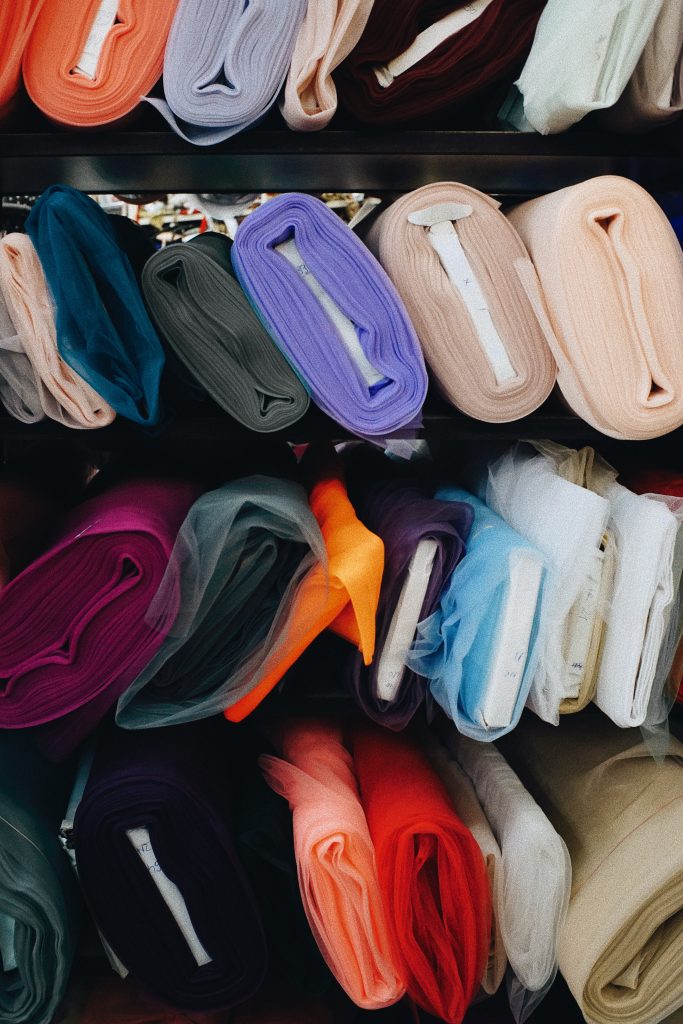
Introduction
Textile industry produces 92 million tonnes of waste annually and with fast fashion trend environment challenges are only going to get worse. To put it into context it takes over 700 gallon of water to produces one single T-shirt.
With this current figure we and next generation would be needing 4 more earths to survive. 0.5 Million microfibers into the ocean and 35% microplastics release in environment causes severe effect on health and environment. The quality of fabric and constantly changes trends allows us to have more clothes in our closet as compared to our ancestors.
We can only overcome this alarming situation by using eco friendly fabricsh.
We need to act now and move towards sustainability before it gets too late!
Main body
Eco-Friendly fabrics are those which are available from nature without any effects of harmful toxins and chemicals.
There are many eco-friendly fabrics which we should use. Here are few which you might like:
1 ) Hemp : Other than being highly-sustainable, it protects the skin from harmful UV rays. It also has antibacterial properties thus it keeps you free of foul odor and you will feel fresh and clean all the time.
2 ) Linen : It has been around since 36,000 Yeats and this fact might blow your mind! This fabric is biodegradable and does not require centuries to decompose. Other than that, this fabric is light and breezy to wear.
3 ) Qmilch : It is 100% natural and regenerative fiber derived from protein in sour milk. It is also naturally antibacterial and can control temperature, making it ideal for sports and active wear.
4 ) Organic bamboo : Bamboo is one of the fastest growing plant and it can be a most sustainable fabric due to its quality. It can withstand rain and storm alone but it is rarely find in markets. It is complicated with rayon or viscose.
5 ) Econyl : it is recycled fabric. When plastics such as abandoned fish nets are thrown into the sea , it forms a new shape of econyl. This fabric is made from closed loop system and does not require water. It is suitably called as vegahn fabric.
6 ) Recycled polyester : this fabric is super versatile and this polyester can be used to make everything like thin and light stretchy ethical activewear as well thick and fluffy sustainable fleece. It prevent the land from filling with plastic and can be recycled till it is decarded.
7 ) Lyocell : a nature friendly fabric that is semi-synthetic, or cellulosic, fabric produced from eucalyptus tree. It is made from closed loop system and is very popular in fashion industry these days.
Conclusion
It become essential to use eco friendly fabric to be in out cupboards. It helps to make world a better place for our new generation of human , plants and animals.

















